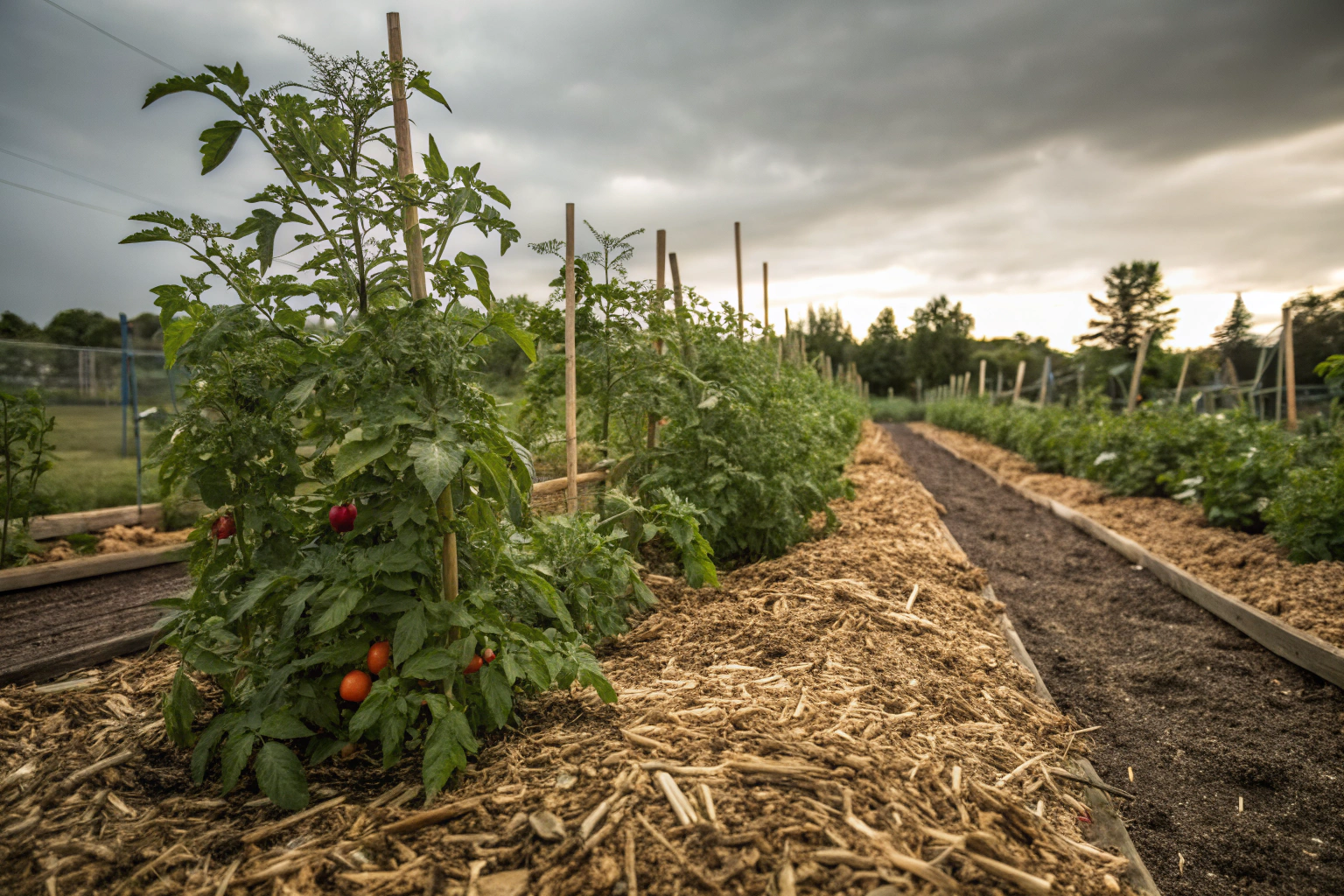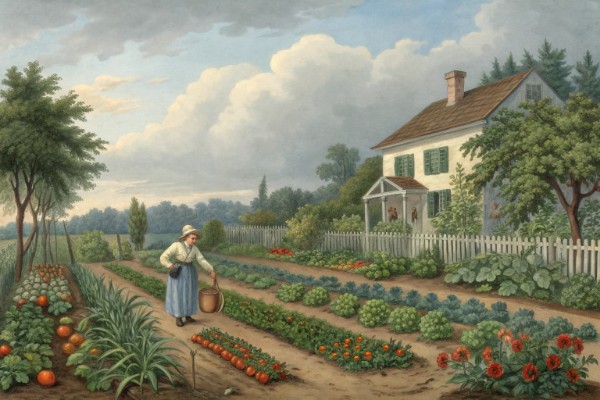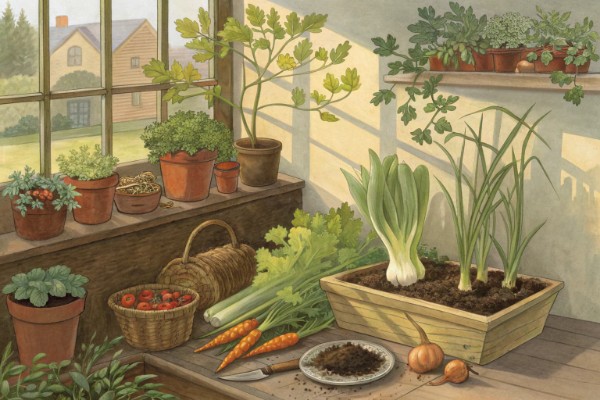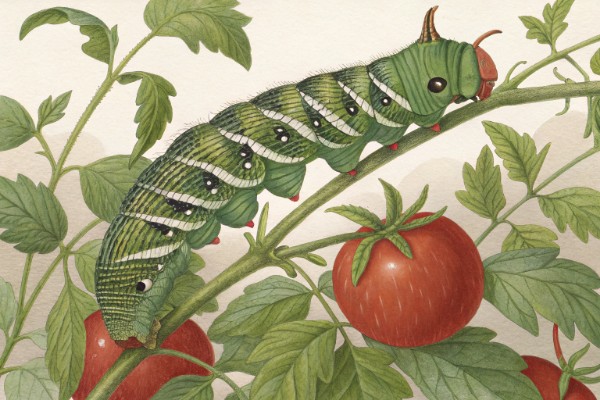Gardening Tips: 10 Expert Websites for Ideas and Inspiration

Gardening Tips
Want gardening tips you can actually use, minus the fluff? Bookmark these ten trusted gardening websites packed with expert-backed gardening tips on soil health, pest control, plant varieties, and garden design. From practical how-to guides to inspiring garden styles, these resources help sharpen your skills and ignite fresh ideas—scroll on for the best of the best.
The 10 Best Gardening Websites for Expert Tips and Inspiration
I remember planting my first tomato patch—excited, confident, and surprisingly clueless. Two months later, frustration set in; bland fruit, stubborn aphids, and wilted leaves taunted me daily.
But I stumbled upon several fantastic websites—virtual gardens of wisdom—that transformed my approach with practical gardening tips, gripping stories, and boundless inspiration. Here are my personal favorites:
1. Gardenista
Gardenista whispers sophistication. Its content blends design innovation with down-to-earth planting guidance, offering elegant solutions I didn't even know I needed.
- Stunning photography and pro tips for stylish garden layouts.
- Real-life garden makeovers for attainable inspiration.
2. You Grow Girl
Refreshingly relatable, You Grow Girl taught me to garden fearlessly. Founder Gayla Trail's casual voice echoes through practical how-tos, recipes, and organic gardening advice.
"Gardening isn't about perfection. It's about learning, adapting, and enjoying every messy moment." – Gayla Trail
3. Fine Gardening
I admit, this one's my guilty pleasure—detailed yet approachable articles packed with tested gardening tips. Their community is endlessly generous, sharing plant trials, precise pruning techniques, and soil enrichment methods.
4. The Old Farmer's Almanac
Trustworthy and timeless. I reach for the Almanac every season for planting calendars, weather forecasts, and quirky gardening folklore that's surprisingly effective.
5. BBC Gardener's World
I savor each update from this British gem. Its lively videos and extensive plant care library saved my roses from an early demise and kept pests at bay.
- Short, informative videos that bring gardening details to life.
- Detailed plant profiles spanning every imaginable variety.
6. Royal Horticultural Society (RHS)
Few resources match the RHS authority and comprehensiveness. Their plant finder alone is invaluable, simplifying every gardening decision I face.
"The RHS plant finder currently lists over 81,000 different plants. If it's not here, it's probably imaginary."
7. Savvy Gardening
A collaborative blog that consistently impresses me with solved gardening puzzles. Its varied authors tackle topics like companion planting, pest control, and edible gardening with cheerful clarity.
8. Dave's Garden
Dave's Garden feels like a bustling town square for gardeners. Their active forums and honest plant reviews helped me avoid countless planting blunders.
9. Mother Earth News
For organic gardening and sustainability enthusiasts, this site's gold. Practical, thoughtful articles on composting, permaculture, and heirloom gardening convinced me to adopt more eco-friendly practices.
10. Gardening Know How
I turn here for quick, reliable answers. Gardening Know How straightforwardly covers everything from soil pH to pruning hydrangeas, satisfying both beginners and seasoned gardeners alike.
Bookmark these treasures, and your garden adventures will flourish—informed, inspired, and free from bland tomatoes.
Cheatsheet: Best Online Sources for Fresh Gardening Ideas
🌱 Top Sites for Fresh Ideas
- Gardenista — Modern designs, plant guides, outdoor living.
- Fine Gardening — Deep guides, regional tips, “How-To” projects.
- The Spruce: Gardening — DIY guides, care basics, troubleshooting.
- RHS (UK) — Science-backed plant advice, eco-planting tips.
- Gardeners’ World — TV guides, video tutorials, UK climate advice.
- Dave’s Garden — Massive plant database, honest tool reviews, discussion boards.
- Gardening Know How — Quick Q&As, troubleshooting, beginner-friendly.
- Mother Earth News — Organic focus, self-sufficiency skills, food growing.
- Piet Oudolf — Plant-driven design, perennial inspiration, photo galleries.
- Kitchen Garden (UK) — Edible garden tips, nutrition, seasonal planners.
🌸 Design Hacks From the Pros
- Follow Gardenista for container, border, and shade ideas.
- Use RHS plant finder for drought-tolerant or pollinator-friendly picks.
- Seasonal layouts from Gardeners’ World boost curb appeal.
- 50% of award-winning gardens use layered height strategies.
🥕 Grow More, Waste Less
- Find urban grow hacks at Mother Earth News for balcony yields.
- Get crop rotation plans via Kitchen Garden—upping soil health by 30%.
- 75% of pests deterred with companion planting tips from Fine Gardening.
🍃 Health, Nutrition & Self-Sufficiency
- Backyard veggie plots cut grocery bills by $600+/year (€555+).
- Leafy greens grown at home retain 90% higher vitamin C than store-bought (after 48 hours).
- DIY composting guides boost yields, reduce landfill impact.
🛠️ Tools and Products You’ll Need
- Soil test kit (pH and nutrients)
- Bypass pruners
- Compost bin or heap area
- Mulch fork
- Organic seeds or seedlings
- Gloves, hand trowel
📈 Quick How-To Steps
- Visit at least 3 sites above weekly for seasonal trends.
- Bookmark favorite projects, print/clip regional guides.
- Join forums for planting advice, real-time troubleshooting.
- Apply one new project per month (raised beds, container combos).
- Log results, update garden plan based on what works best.
Frequently Asked Questions About Gardening Tips
How Often Should Garden Soil Be Tested?
Test your garden soil once per year, ideally in early spring. Annual soil testing helps gardeners understand nutrient levels and adjust soil amendments accordingly, promoting robust plant growth and preventing nutrient deficiencies.
What Is the Optimal Time of Day to Water Plants?
Water plants early in the morning, between 6 a.m. and 10 a.m., before temperatures climb. Early watering allows plant roots to absorb moisture efficiently and reduces water evaporation. Avoid evening watering to prevent fungal diseases.
How Can Gardeners Naturally Keep Pests Away?
Natural pest control includes methods such as companion planting—pairing certain plants alongside others to repel harmful insects. Additionally, gardeners may use organic sprays, beneficial insects like ladybugs, and regular plant inspections to control pest populations without chemical pesticides.
When Should Perennials Be Divided for Healthiest Growth?
Divide perennials every three to five years, preferably in early spring or autumn. Regular division promotes vigorous growth, reduces overcrowding, and allows plants to establish strong root systems.
Are Raised Garden Beds Better for Growing Vegetables?
Raised garden beds offer advantages such as improved drainage, soil temperature control, and easier weed management, making them ideal for vegetable gardening. For best results, construct beds approximately 12 inches (30 cm) deep, filled with a balanced mix of compost and soil.
Should Gardeners Prune Shrubs and Trees Year-Round?
Prune most shrubs and trees during their dormant periods, typically late winter or early spring, depending on plant type. Dormant pruning reduces stress on plants and encourages healthy, controlled growth during the growing season.
What Simple Practices Can Improve Garden Soil Quality?
To enhance soil quality, gardeners can add organic compost, plant cover crops, or apply mulch regularly. These practices enrich the soil with nutrients, maintain moisture, and prevent erosion, creating ideal conditions for healthy plant growth.
How Much Sunlight Do Vegetable Gardens Usually Require?
Most vegetable plants require a minimum of 6 to 8 hours of direct sunlight daily. Leafy greens can grow with slightly less sun; however, fruiting vegetables such as tomatoes, cucumbers, and peppers rely on ample sunlight for optimal production.
Good gardening isn’t about perfection—it’s about curiosity, a bit of dirt under your nails, and a willingness to learn from others. The right gardening tips can save you time, money, and a little heartache. Bookmark those expert websites; let them fuel your next season, whether you’re wrangling tomatoes, plotting a pollinator haven, or eyeing new tools like the garden knife or pruning shears. Dig into guides on maximizing your spring gardening efforts or explore biodynamic gardening if you want to shake things up. With each season, new questions will sprout. Keep asking, keep experimenting, and keep growing. The best gardens come from a mix of good advice and your own stubborn streak.
Find out which plants will thrive in your garden!
Answer a few fun questions and get custom plant recommendations perfect for your space. Let’s grow something amazing together!

start your season



